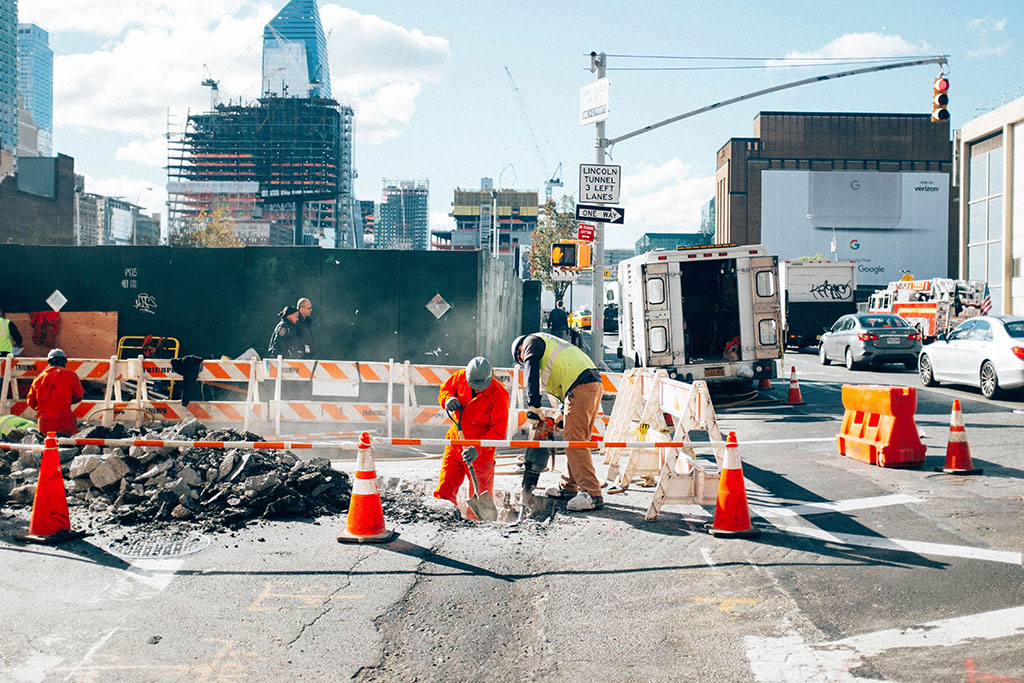#1. 70% of Americans struggling to make ends meet this year
According to the latest poll conducted among 2,000 US adults, 7 out of 10 Americans say they will struggle to make ends meet this year. 47% of them will take extra steps to make up for the loss of income by working extra hours or picking up seasonal jobs, and over one-third of employed Americans (36%) say they rely on financial assistance programs offered by their employer for financial guidance and advice. These programs will become particularly helpful in the run-up to Christmas. While these results make for rather gloomy reading, the report adds that 54% of Americans feel hopeful that the economy will improve by the end of this year – mirroring a similar poll conducted by Gallup, which claims that despite the hardship, 56% of Americans feel better off today than they did four years ago.

#2. Dropbox is making its workforce ‘virtual first.’ Here’s what that means
The American file hosting service company Dropbox has announced it would become a “virtually first” enterprise. Its 3,000 employees will, therefore, carry on working remotely most of the time while they would occasionally meet in the office for the purpose of team building and collaboration. In their offices, Dropbox will get rid of individual desks and create the so-called “Dropbox Studios” or in other words co-working spaces. The company has deliberately decided not to go down the path of the hybrid approach of both remote and on-site working arrangements because Dropbox believes its “virtual first” approach is more inclusive and equitable. To read more on this story, click here.

#3. Hospitality and manufacturing jobs at risk as coronavirus accelerates the rise of robots
While the COVID-19 pandemic has seen demand for jobs in the retail and logistics industries increase, a new survey by the UK’s Royal Society of Arts, Manufactures and Commerce (RSA) shows that these roles could be the most at risk of being digitalised in the long-run. But the automation-prone jobs are not the only ones governments around the world should worry about. The RSA said that jobs in the creative arts that have a low automation risk would need more support if they are to outlive the current crisis

#4. Four in 10 office workers fear the effect of working from home on mental health, poll finds
Based on a study of 2,000 employees, 4 in 10 British office workers fear their mental health and wellbeing will suffer if they have to spend another six months working from home, reports The Independent. 41% of those surveyed already feel anxious and isolated because of them having to work from home and 42% have been struggling with their mental health more than usual in recent months. Only about a third of polled workers were ‘happy’ or ‘excited’ to hear they could continue working remotely in the near future. For more information on the study, please click here.

#5. IMF forecasts the global economy will contract by 4.4% in 2020
The latest World Economic Outlook of the International Monetary Fund continues to project a deep recession in 2020, but while the global economy is expected to contract by 4.4%, this is an improvement of 0.8% compared to the June predictions. Even with this improvement, however, the current crisis is still the worst crisis since the Great Depression. According to the IMF Blog, the world expects a long, uneven and uncertain ascent, with employment remaining well below pre-pandemic levels and the labour market being more polarised with low-income workers, youth, and women harder hit.




